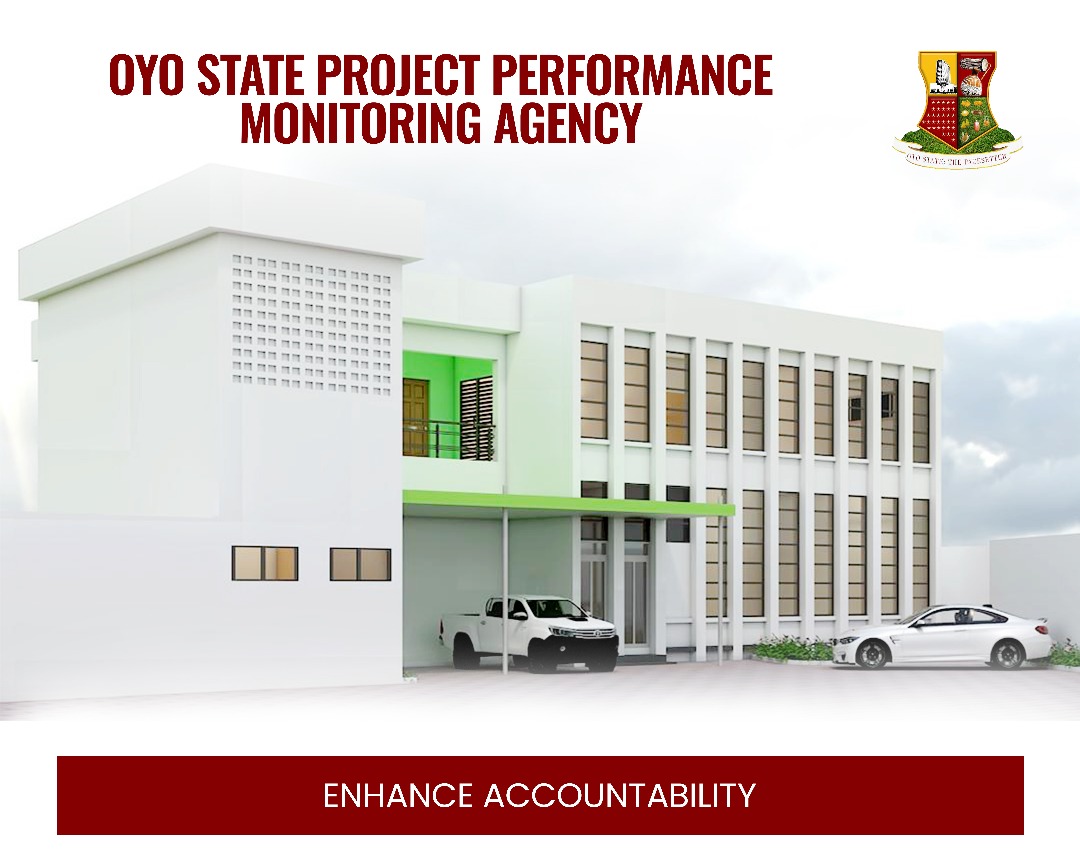The political landscape of Nigeria in 2023 was marred by intense electoral contests and consequential legal battles. Premium Politics reports.
As the nation looks forward to the Supreme Court’s decisions in 2024, the outcomes of these cases are poised to significantly influence the political dynamics of the country.


The governorship election cases in Kano, Plateau, Nasarawa, and Zamfara states are the major ongoing legal battles, and their results would be a game changer for political parties and supporters.
Kano
Kano State has been a focal point of political contention due to its substantial electoral value. The shift of power from the All Progressives Congress to the New Nigeria Peoples Party in the 2023 general elections was a significant event.
The declaration of Abba Yusuf of the NNPP as the winner of the governorship election was contested by Nasira Gawuna of the APC, leading to a legal tussle that has escalated to the Supreme Court.
The apex court’s verdict is highly anticipated and is expected to have a profound impact on the political climate of Kano State.
The Kano State Governorship Election Petitions Tribunal and the Court of Appeal nullified Yusuf’s victory and declared Gawuna winner of the poll. However, the case is currently at the Supreme Court awaiting a final verdict.
The court reserved judgment in the case after hearing the arguments from both parties in December 2023. The case has created anxiety in Kano State as Nigerians await the verdict of the Supreme Court.
Plateau
In Plateau State, the political pendulum swung in favor of the Peoples Democratic Party during the general elections.
Governor Caleb Mutfwang’s victory was challenged by the APC’s Nentawe Goshwe, citing issues of nomination and adherence to the Electoral Act. The Court of Appeal’s decision to nullify Mutfwang’s victory and the subsequent appeal to the Supreme Court have kept the political stakeholders and observers on edge, awaiting a final resolution.
Plateau is one of the states that flipped to the Peoples Democratic Party in the 2023 general elections.
Governor Caleb Mutfwang of the PDP had 525,299 votes, while the candidate of the APC, Nentawe Goshwe, polled 481,370 votes in the March 18 governorship election in the state.
Goshwe challenged Mutfwang’s victory at the tribunal, claiming that the governor was not validly nominated and sponsored by his party. He also said there was non-compliance with the Electoral Act in the election.
The tribunal dismissed Goshwe’s petition for lacking merit and also upheld Mutfwang’s victory.
In its ruling in November, the three-member Court of Appeal panel under the leadership of Justice Elfrieda Williams-Dawodu cited Section 177 of the Constitution to hold that the governor was not legitimately the PDP’s election sponsor.
The court nullified Mutfwang’s victory and ordered INEC to withdraw his certificate of return and issue a new one to the APC candidate.
However, the governor appealed the judgement and the case is currently awaiting the decision of the Supreme Court.
Nasarawa
Nasarawa State witnessed a contentious governorship election, with Governor Abdullahi Sule of the APC being declared the winner. The PDP’s David Ombugadu contested the results, leading to a tribunal ruling in his favor.
However, the Court of Appeal overturned this decision, prompting an appeal to the Supreme Court. The apex court’s ruling will determine the political fate of the state’s leadership.
David Ombugadu of the PDP challenged the outcome of the election, arguing that he won the majority of votes during the contest.
In October, the election tribunal declared Ombugadu the winner of the poll, saying that the results were manipulated in favour of Sule.
Dissatisfied with the tribunal’s decision, Sule headed to the appeals court. The Court of Appeal ruled in his favour in November, saying that the tribunal’s decision was wrong.
The PDP and its candidate have appealed the judgement at the Supreme Court.
Zamfara
The Zamfara State governorship election also saw its share of controversy. Governor Dauda Lawal of the PDP emerged victorious, but the result was disputed by the APC’s Bello Matawalle.
The Court of Appeal’s order for fresh elections in certain areas added another layer of complexity to the state’s political narrative.
In the March 2023 election, Governor Dauda Lawal of the PDP scored 377,726 to defeat Bello Matawalle, the incumbent governor and the candidate of the APC.
Dissatisfied with the outcome, Matawalle, who has since been appointed the minister of state for defence by President Bola Tinubu, filed a petition at the tribunal.
The tribunal ruled in favour of Lawal but Matawalle and the APC appealed the judgement.
In November, the Court of Appeal sacked Lawal and ordered INEC to conduct fresh elections in Maradun Local Government Area, in four wards in Birnin Magaji Local Government Area and in some polling units in Bukkuyum Local Government Area.
However, the PDP appealed the judgement, hoping for a favorable verdict from the Supreme Court.
These legal battles reflect the broader political challenges and rivalries that have characterized Nigeria’s recent electoral cycle.
The Supreme Court’s decisions in these cases will not only resolve the current disputes but will also set precedents for future elections and governance in Nigeria.
